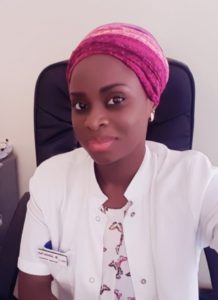Women have to uplift other women. There can be no development without healthy women.”
 Dr. Juliette Dina Faye is a Senegalese female obstetrician gynecologist. For the past ten years, she has been part of a group of physicians that organizes medical consultations and awareness campaigns in remote rural areas within Senegal. Dr. Faye presently works at the Keur Djiguene Yi Center, a women’s health clinic funded by, American Friends of La Korsa, an American NGO that aims to offer poor women access to quality healthcare at a symbolic price of 1 U.S. dollar, about 650 CFA francs. At the health center, Juliette offers complete reproductive and gynecological care, including pregnancy and post-natal care as well as treatment for all gynecological issues for women, regardless of their income or social status. In addition, she contributes to training health staff in remote areas of Senegal.
Dr. Juliette Dina Faye is a Senegalese female obstetrician gynecologist. For the past ten years, she has been part of a group of physicians that organizes medical consultations and awareness campaigns in remote rural areas within Senegal. Dr. Faye presently works at the Keur Djiguene Yi Center, a women’s health clinic funded by, American Friends of La Korsa, an American NGO that aims to offer poor women access to quality healthcare at a symbolic price of 1 U.S. dollar, about 650 CFA francs. At the health center, Juliette offers complete reproductive and gynecological care, including pregnancy and post-natal care as well as treatment for all gynecological issues for women, regardless of their income or social status. In addition, she contributes to training health staff in remote areas of Senegal.
Dr. Faye knew very early on that she wanted to be a physician. However, her specialization as an OBGYN became clear to her after completing an internship in a village in Tambacounda, Senegal. There, she witnessed the birth delivery of a twelve-year-old girl. In Juliette’s head the girl was too young to be pregnant, she found it unbearable to see her lying there to give birth when she, the 12 year old, was a child herself.
Seeing the girl suffer and knowing that she was at risk for so many different types of obstetrical complications – not to mention the risk to lose her life- made Juliette realize her mission. As a result, Dr. Faye decided to fight against this, and similar circumstances of teenage pregnancy, through sexual and reproductive education for young girls.
What are you most proud of?
I am really proud that, through an adequate monitoring of disadvantaged women during their pregnancy and beyond, I can somehow make a difference and contribute to reducing maternal and neonatal deaths.
Which one thing do you wish you had done differently?
I wish I had spent more time working in rural areas and that while I was there, implemented sex education programs. In some areas, particularly in rural communities, women and girls still ignore the importance of seeking adequate care during pregnancy. There is still work to be done in terms of raising awareness and strengthening communication. On another hand, as a young woman, if I had spent more time working in rural areas, I could have inspired younger generations there to pursue such careers related to health and medicine.
What are some of the biggest challenges you have faced? How did you overcome them? What are some of the lessons learnt?
Opening the women’s health clinic, at the Keur Djiguene Yi center, was a huge challenge. Fortunately, through the support of the NGO, American Friends of La Korsa, I was able to overcome the challenges to opening the health center. The experience thought me that I should never give up when facing obstacles. I learnt that believing in my goal was the first step towards achieving them.
What are some of the opportunities you see for women in health on the African continent?
Nowadays, there are important opportunities for women in the health sector. With regards to providing a favorable health-seeking environment for women, a lot of young female physicians, in Senegal, are helping those who do not have access to health facilities. Additionally, people are developing projects that target women’s health particularly on cervical and breast cancer, the two most deadly cancers for women.
What advice do you have for other women in health?
Women have to uplift other women. There can be no development without healthy women.

Leave a Reply